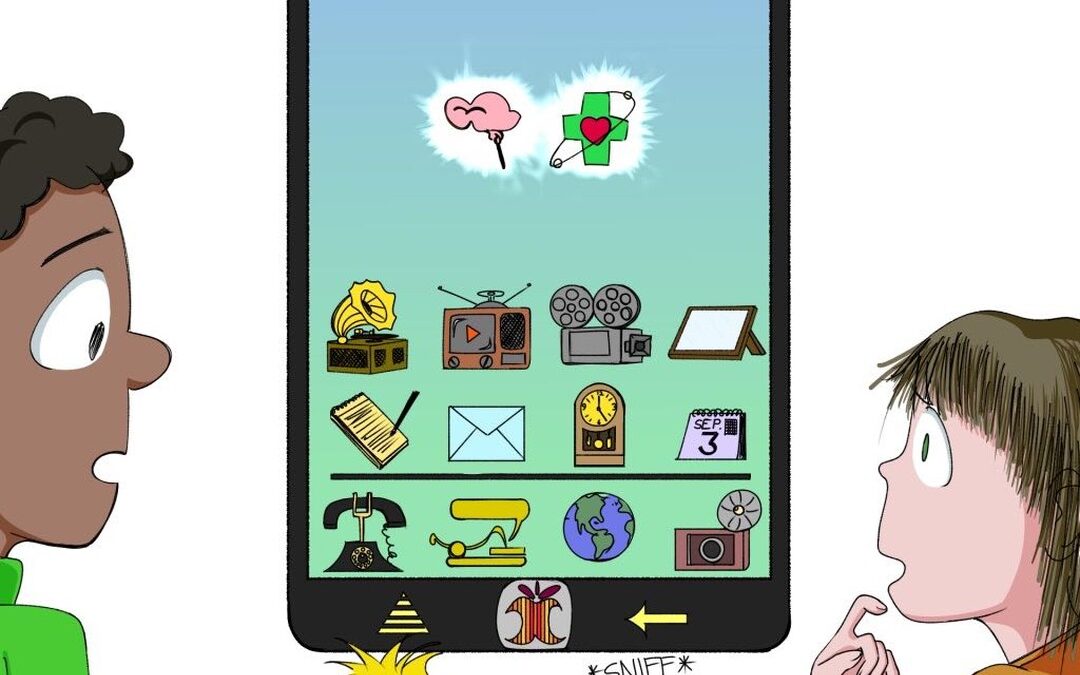Are you feeling worn down by the constant bombardment of technology in your everyday life? It’s easy to get swept up in a never-ending cycle of mindlessly scrolling through social media newsfeeds and apps, especially when it feels like each part of our lives has become so inseparable from modern technology.
But managing your screen time doesn’t have to feel overwhelming or stressful. By following some simple tips and tricks, you can set limits for yourself that will help you to maintain a balance between unplugging and plugging back in – without sacrificing any productivity or fun. This short guide will provide an overview on the best practices for better managing your screen time, so you can make sure your tech is working for you and not against you.
Use an app
It might sound counterintuitive, but using an app can actually help to raise your awareness of how long you’re spending on your phone. It’s easy to trick ourselves into thinking that we’ve only been online a short while, but actually, it can add up to hours without you realizing it. Using an app that gives you analytics about your screen time or reminders to take a break can be the push you need to put down your devices and re-enter the real world.
If you’re someone who likes a challenge, you can also get apps that reward you for staying off your phone for a certain amount of time. Whether you choose to ‘grow’ a forest, lock your internet access, or aim to reduce the amount of unlocks on your phone each day, there’s a gamified option for you. Whilst you can override these apps in case of emergencies, even having an extra barrier to use your device can be enough to encourage you to think again.
Make conscious choices
It’s fair to say that you can get almost everything from your phone these days. Entertainment, work, social interactions – all available at the touch of a button. Whilst this isn’t necessarily a bad thing, the issue comes when you find yourself scrolling without intention, or doing so to avoid doing another task that you need to complete.
Most phones come with a focus mode or similar, where you can block notifications and access to certain apps on a schedule that you choose. Why not use this to create an extra step to screen time? Alternatively, why not uninstall easy-access apps and commit to viewing social media through your browser? Then, if you realise that you’re just going online because you’re bored, you can pivot to doing something else you enjoy instead.
Making conscious decisions also comes into play in terms of the content you’re consuming. Review your social media and unfollow any accounts that aren’t bringing you joy or value. You’ll reduce the amount of content you’re seeing, and therefore may reduce your screen time.
Set some rules for yourself
Part of managing your screen time is understanding that there needs to be some rules, as being on your phone and other devices all the time just isn’t good for your physical or mental health. It’s unrealistic to imagine that you’ll be able to cut your screen time in half straight away, but you can certainly set some rules for yourself about when you can access that screen. Over time, this should make you more aware of your habits.
For example, restricting phone access in bed, or after 9pm, can help. Not only is this a good tactic for reducing your screen time, but the blue light that is emitted from these devices can wreak havoc on your sleep schedule, so removing this has a tangible health benefit too.
Increase physical activity
Dopamine is a chemical that our bodies produce when we exercise, but it’s also produced when we get a perceived ‘successful’ social interaction. So, all those likes, messages and followers on our phones are literally telling our brains that we’ve done something right, and encouraging us to repeat the behaviour. It’s easy, then, to see how we can get addicted to the dopamine hit and therefore our devices.
Why not increase physical activity to try and get your dopamine levels up this way instead? Building exercise into your daily routine can help your body feel prepared as well as keeping you fit and strong, and most importantly, you can’t look at a screen whilst you’re doing it.
Help yourself and others
By following these tips, you can help yourself to have a better relationship with your screens, and make them a fun, educational experience, rather than one that you’re using out of habit. If you have children or other loved ones who need help balancing their tech time, why not try these ideas out as a family?
Photo by Jorge Fernández on Unsplash

